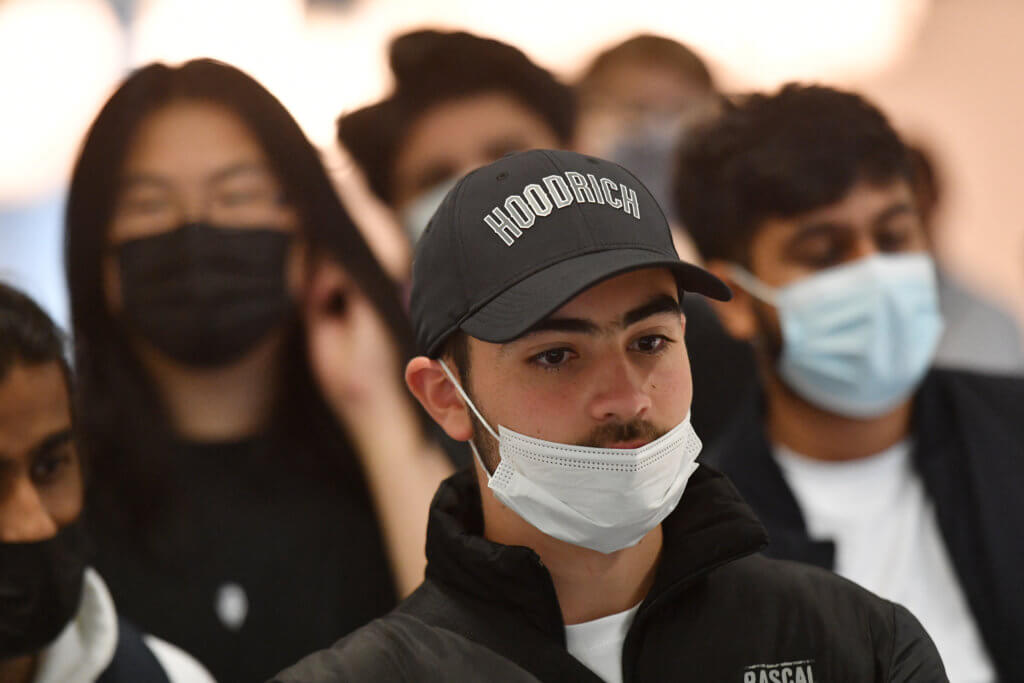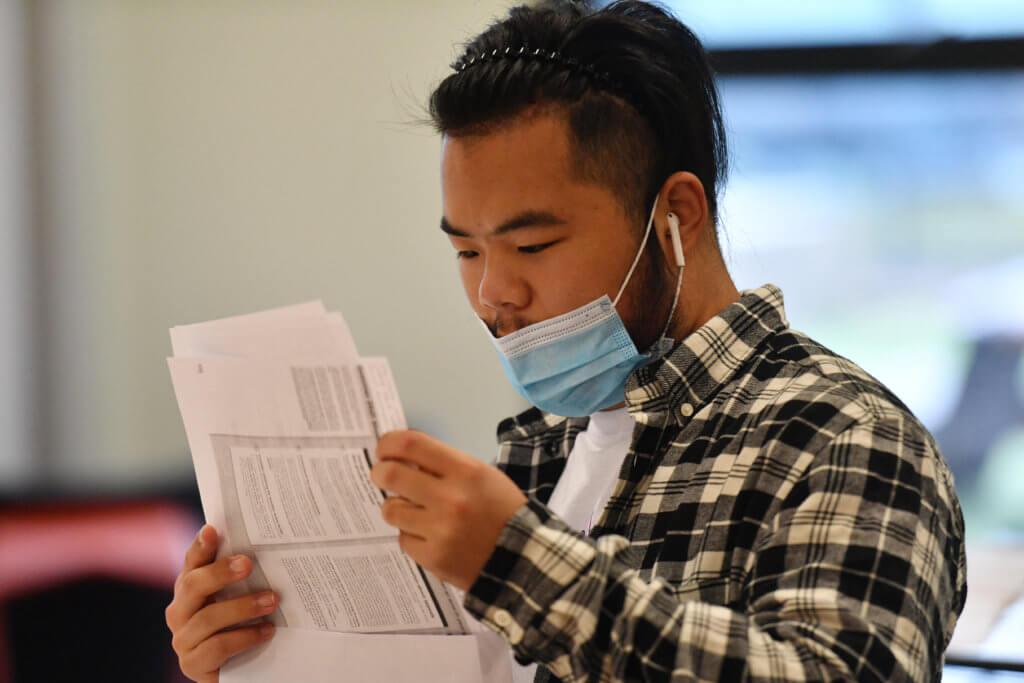
There’s been a massive surge in applications along with a great number of students meeting their grade offers for medical schools in the UK. Thus, in exchange for 10,000 pounds — as set up by a radical programme by the Medical Schools Council (MSC) and the Department for Education (DfE) — students have been asked to defer the year or find another school elsewhere in the country.
“Medical schools are committed to maintaining high standards of education and training. Currently, the sites where high-quality clinical placements are available, together with the facilities required to support medical education, are not exactly aligned with oversubscribed schools,” the MSC said in a statement on August 9.
“For this reason, medical schools have jointly agreed to support a brokerage programme so that applicants who have met the conditions of their offers at oversubscribed medical schools will be given the opportunity to move to different medical schools.”

Medical schools in the UK are oversubscribed. Source: Justin Tallis/AFP
UCAS reported 28,690 students applied to study medicine this year alone, a 21% spike from 2020. It also reported a 41.2% increase in rejections from medical schools in the UK. The move asking students to defer will reportedly affect a third of 33 medical schools in the UK.
Last week, the Department for Education (DfE) approached medical schools in the UK asking them to take applicants from oversubscribed courses. The DfE also announced that extra places at medical and dental schools would be added.
“For these universities that can take on more students that have met the grades whilst also ensuring teaching, learning and assessments standards are maintained, there will be flexibility to add to their numbers,” the DfE stated.
Clearing, which opened in July and will run to October, is expected to see 80,000 students find their spots at uni. However, as more candidates scored top grades than expected, there could be fewer places available for the most popular courses (which includes medicine) at competitive institutions.
Last week, the Department for Education (DfE) approached medical schools in the UK asking them to take applicants from oversubscribed courses. The DfE also announced that extra places at medical and dental schools would be added.
“For these universities that can take on more students that have met the grades whilst also ensuring teaching, learning and assessments standards are maintained, there will be flexibility to add to their numbers,” the DfE stated.

Exeter University opted out of this scheme because it offered an alternative which is a free year of accommodation and a bursary of 10,000 pounds to medical students who agree to defer for a year. Source: Justin Tallis/AFP
Although the government agreed to fund hundreds of extra medical placements, the Medical Schools Council chief executive, Katie Petty-Saphon said it wouldn’t cover all the students meeting their offer conditions. For students who don’t want to change school, the unis where they hold an offer would decide how to handle their courses, such as offering financial incentives.
Exeter University opted out of the MSC and DfE scheme, offering an alternative, i.e. a free year of accommodation and a bursary of 10,000 pounds to medical students who agree to defer for a year. Sheffield University’s deputy vice-president, Mary Vincent, stated there would be no vacancies on the clinical healthcare courses.

More clarity on the details on how the payment scheme will be made by participating medical schools in the UK. Source: Justin Tallis/AFP
Vincent also stated that there were many spots in humanities, social sciences, engineering and sciences courses available. This garnered more than 1,000 students calling to express interest as soon as phone lines at Sheffield opened.
More clarity on the details on how the payment scheme will be made but the Medical Schools Council said the grant would be divided between the government and the uni. The government is expected to provide 6,500 pounds while the uni will settle the rest.










